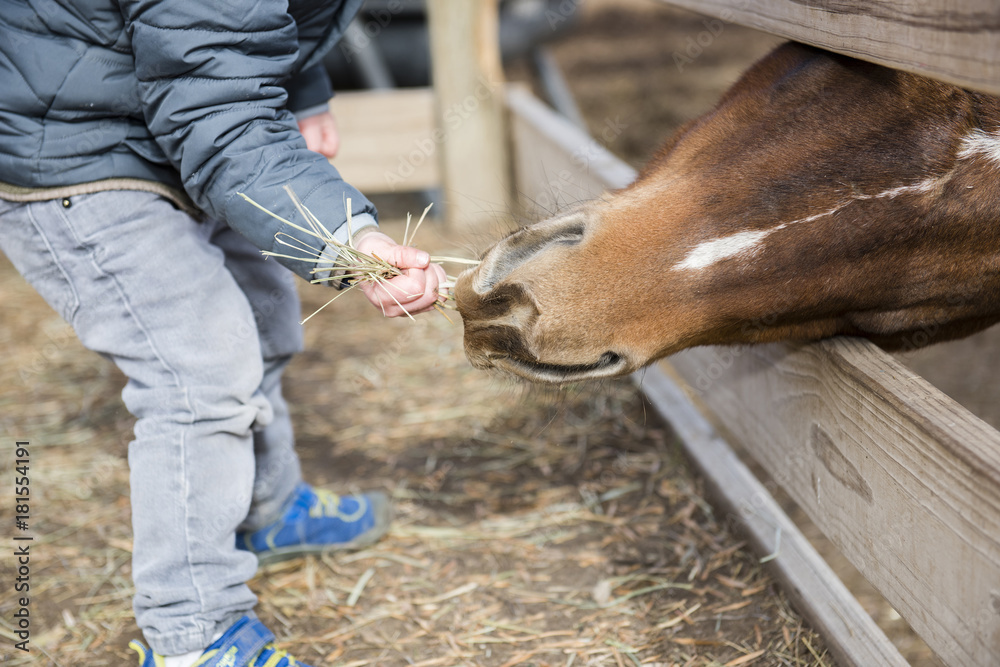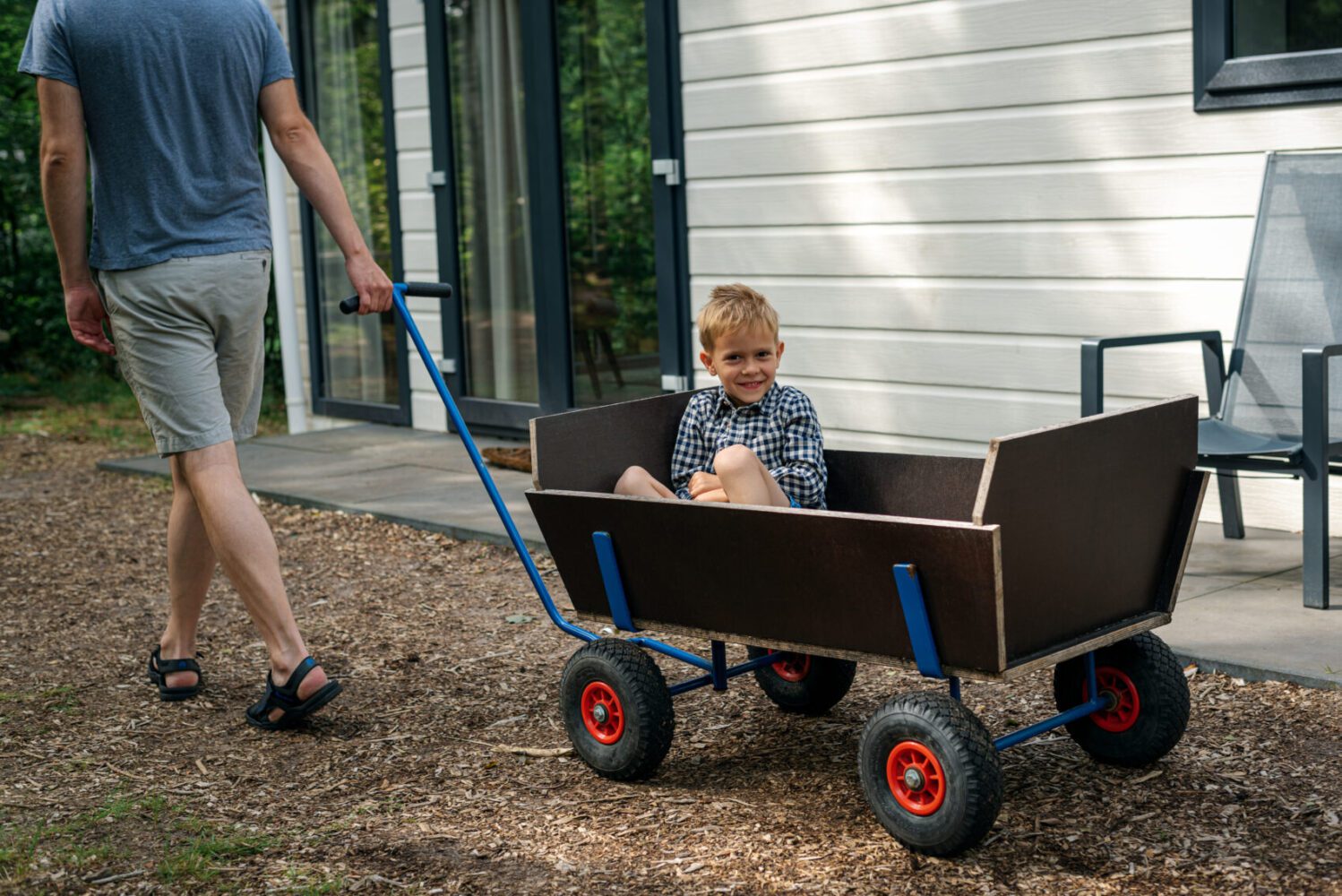By Christine Denise
Autism Mom and Contributing Writer for As You Are, a virtual clinic dramatically increasing access to early autism diagnostic services through the use of exclusively telehealth appointments
Becoming Big Brothers
When my little Louie was born, I was already the mother of 3-year-old twin boys.
We didn’t find out the gender of our twins, so we decided to do something different with our second pregnancy and find out the gender before the birth.
My twins were ecstatic about learning they were going to have a little brother.
Almost all of their friends at the time had little brothers, who were adorable babbling little babies.
We were excited for them to become big brothers – something we actually didn’t think was possible due to fertility challenges.
Fast forward to six years later, when Louie got diagnosed with mild to severe autism, his big brothers and their lives came into my mind.
Looking Out for their Little Brother with Autism
Sure everyone says big brothers always have to look out for their younger siblings, but when you have a child with special needs, that takes on a whole new meaning for their siblings.
It means their lives as they know them now and for the future are forever altered.
I thought about how the diagnosis meant our older boys were going to grow up with parents facing a challenge they never thought they would encounter – let alone even know how to handle.
I worried that our stress and worry would make us less capable of parenting them as well as they deserved.
I thought about how they would get a younger sibling, who wouldn’t be like the other little brothers they knew.
And I thought about how they would not experience some things, like traveling or going many places, because things like that are challenging for a kiddo with autism and their parents.
My husband and I have tried really hard to hide the fact that we don’t do some things because of Louie, afraid that his brothers would grow to resent him.
Despite our efforts, they know.
And thankfully, they don’t resent him.
Instead, they’ve learned how helping someone with special needs can help an entire family.
Having the Whole Family Pitch In Supporting a Child with Autism
Now that they’re 11 and Louie is 8, they’ve been taking turns every week getting him ready for school in the morning. That includes changing his diaper, getting him dressed and getting his breakfast ready, all so that my husband and I can get ready for work without having to wake up earlier to get Louie ready.
They’ve learned how helping their little brother helps him learn to become a little more independent each day, by practicing how to put on his clothes and eat with utensils.
The slow progress their little brother makes each day also teaches them patience.
More than anything, their awareness that people are made differently makes me the most proud.
I’ve heard on numerous occasions through other parents how one or both of them have stepped in during a bullying situation to stick up for the victim, and scold the person doing the bullying.
I’ve heard about how they’ve helped one of their peers, or another special needs child, learn how to play soccer or basketball or even just learn to throw a ball if that’s where they’re at.
Yes, this autism experience has forever altered the paths my husband and I had hoped their lives would take.
And we are much more stressed parents to them than we ever wanted to be.
But so far, their resilience has left me speechless at times and extremely hopeful for their future.
Do you have questions about your child’s development? The team at As You Are provides useful autism screening and diagnostic evaluations for kids 16 months to 10 years old via telehealth appointments.
Disclaimer: I am not a medical professional. This is a sponsored blog post, but all opinions are my own.



















